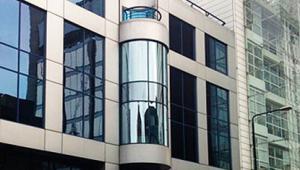6 April 2011
The Department for International Development must tighten its counter-fraud measures as its work extends into less stable countries, auditors have said.
In a report on financial management published today, the National Audit Office warns that the department will find itself under intense scrutiny because it is one of the few areas of central government in which spending will rise over the next four years.
The department spent £6.63bn in 2009/10 and its spending on overseas aid is set to rise from 0.56% of gross domestic product to 0.7% by 2015.
Although only £459,000 worth of fraud was detected in 2009/10, the department will be paying larger sums into more fragile states in future, ‘with the most significant increase in countries with relatively low scores in the Transparency International index’, the report said.
Transparency International is an international non-governmental organisation that campaigns against corruption. A low score indicates the prevalence of corrupt practices.
NAO head Amyas Morse said: ‘The department knows its increase in funding, and new approach to aiding developing countries, brings challenges.
‘This report shows considerable progress is being made, but a better information environment is needed to deal with the heightened levels of assurance required in targeting future aid at higher risk locations.’
The NAO found the department suffered from ‘a comparative lack of skilled and qualified finance staff’. It had installed a new financial management and information system in 2008 but this had failed to work correctly. Attempts to rectify the problem had been hampered by the government moratorium on information technology projects that cost more than £1m.
Financial forecasting was weak, the auditors
also found, and the department’s history of hitting its budget relied on its
ability to delay or bring forward payments to partner bodies rather than on
accurate forecasting.
A departmental spokesman said: ‘We are absolutely committed to getting a hundred pence of value for every pound spent on international development.
‘We have an anti-corruption unit whose job it is to identify and prevent any money being misused. We have also set up an independent aid watchdog to improve our accountability to the British taxpayer.’



















